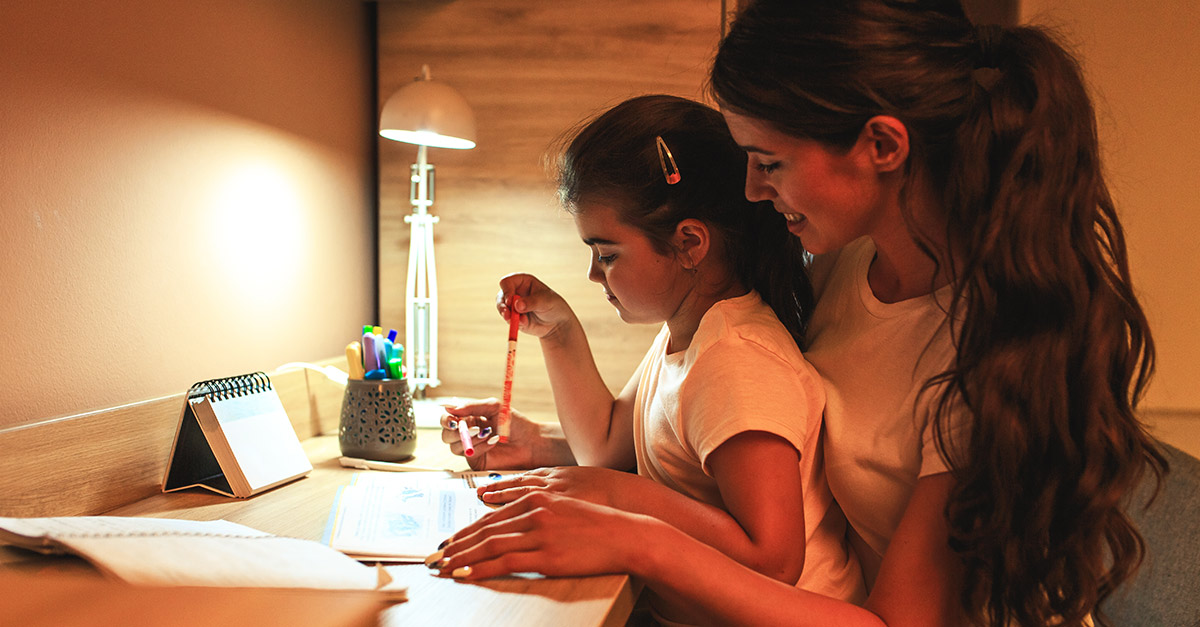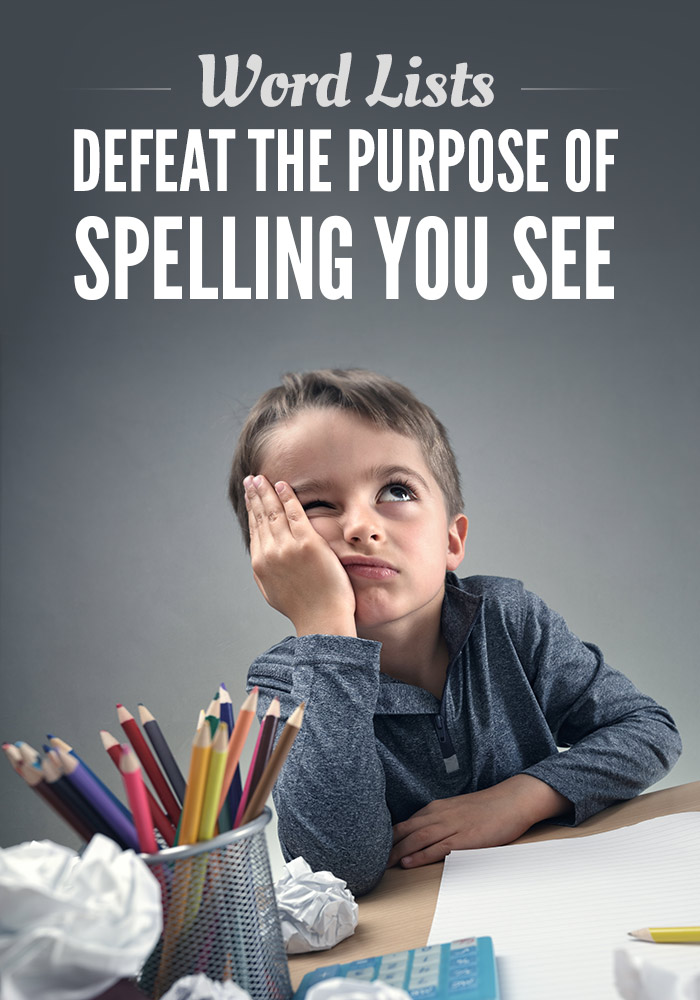Spelling (You See) For the Rest of Us

Spelling is important. It’s one of those skills that impact what people think about you. For better or worse, your written communication is often used as an indicator of your intelligence and overall education level.
My Spelling Journey
I was in public school through fifth grade and my early spelling experience looked very traditional. I was the kid who couldn’t spell; the system did not work for me. I needed something different: something for the rest of us.
We had word lists and a test every week. We would line up as a class and have a classroom spelling bee. I rarely progressed past the first round. My parents had very clear views on how it worked. You were either a good speller or you weren’t, and you were just born that way.
I vividly remember the humiliation of studying that word list for (what felt like) hours, wanting to do well. I would stand up front, the teacher would give a word…and I would have no clue. What happened? What could be different? There were no answers.
Where Am I Now?
I’m a good speller, not great, but good and confident in my ability. I know I can solve my own spelling problems with a little work and patience.
How did I get here? It wasn’t until a few years after high school, without really knowing what happened. All of a sudden, spelling was not as big of an issue.
It wasn’t until I learned about Spelling You See and the five developmental stages of spelling that I understood what changed and why. Now, I feel I’m in a place where I can actually share with people how to move from where I was, to where I am now.
What did I do? How did I make it through high school, higher education, and into the workforce?
The key was not giving up. By continuing to write papers, read books, make mistakes, and pay attention to those mistakes, I ended up doing activities similar to the ones we developed for Spelling You See. I even found I spelled better if I wrote my papers in long form, actually handwriting rather than typing. These activities created a visual memory for how words are spelled.
What’s the Secret?
The key is developing a long-term visual memory of how words are spelled. That’s what Spelling You See does. You may notice that there are no spelling tests, no memorization or rules. Instead, students work with paragraphs of interesting material, paying attention to the parts of words that don’t make phonetic sense, copying those paragraphs, and practicing with dictation. These are the essential skills for learning how to spell.
If you’re interested in learning more, I suggest you schedule a time to talk with one of our representatives or watch one of our webinars. There is a wealth of information available if your student is one of “the rest of us.”
